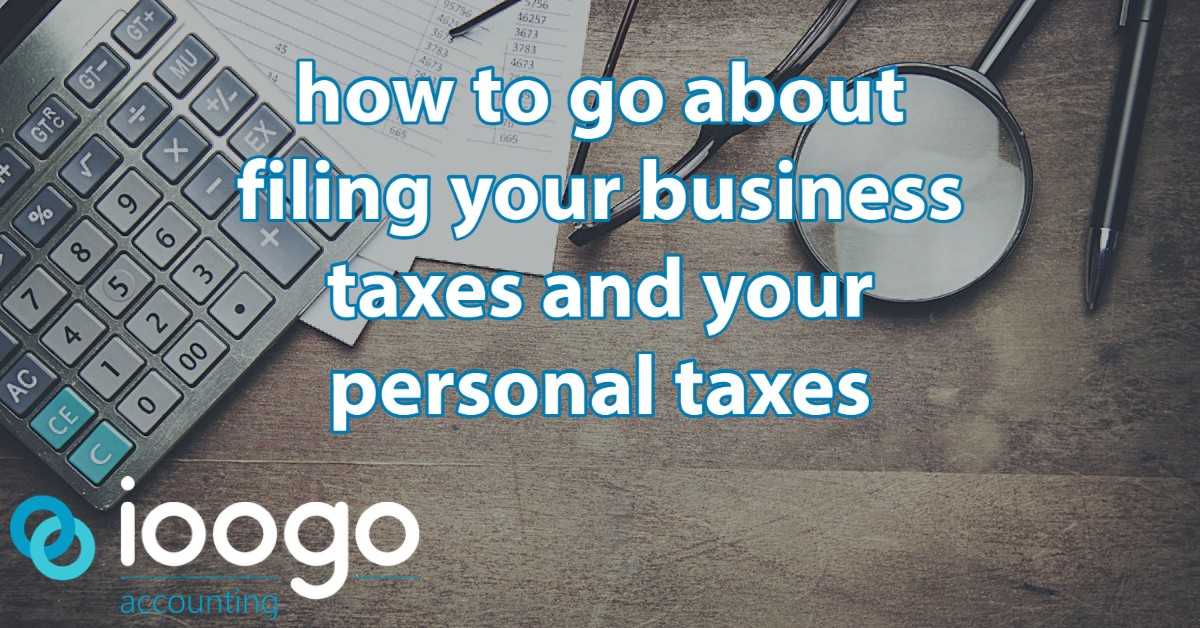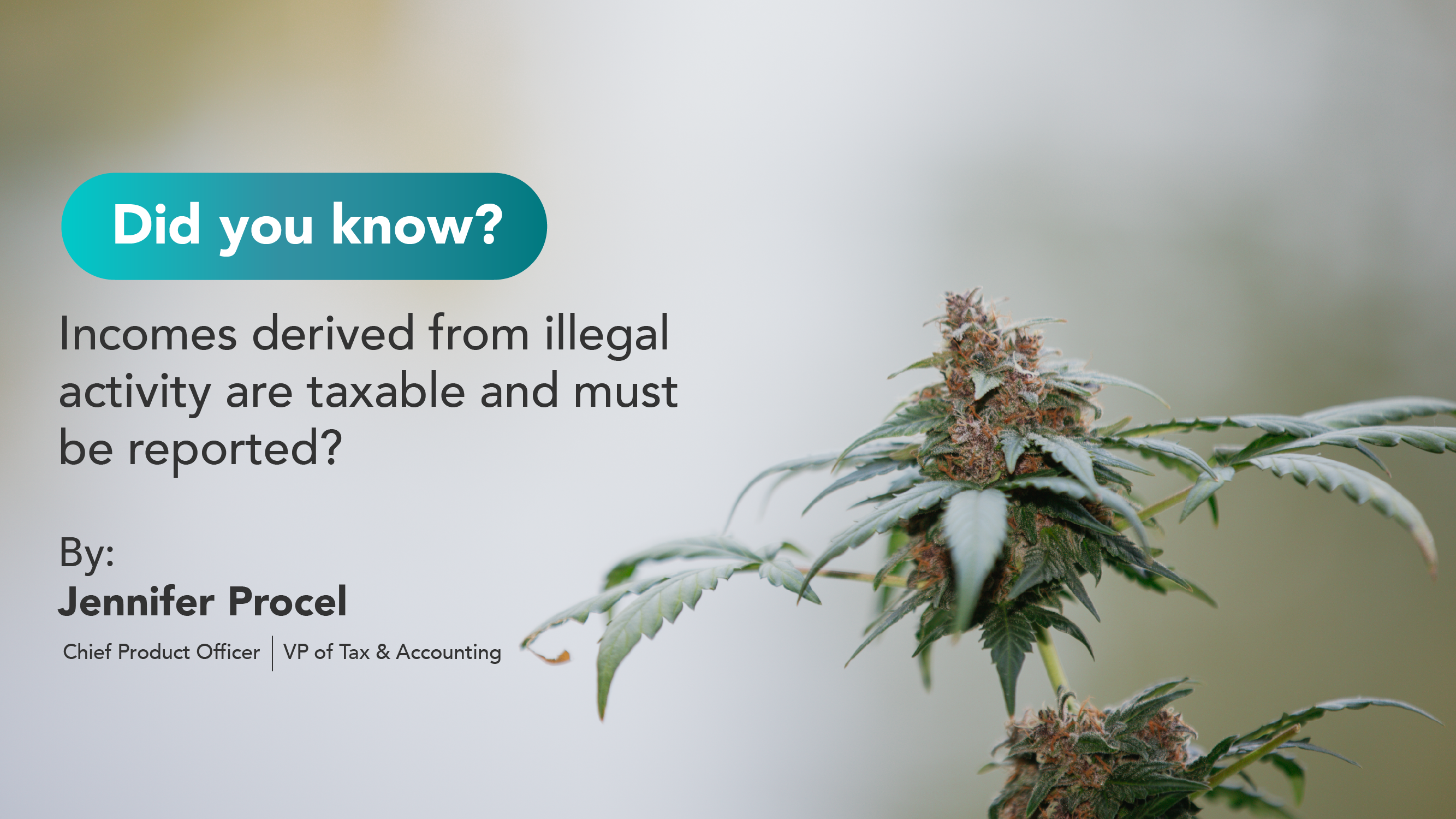Business taxes
The IRS will begin accepting electronic tax returns on Friday. If you are self-employed, a gig worker, or a new business owner, you may be wondering exactly how to go about filing your business taxes and your personal taxes. Let’s take a look at some things you need to know.
- Sole Proprietorship. As a sole proprietor, you will report both your business revenue and expenses on your Form 1040 personal tax return using Schedule C. This includes independent contractors, freelancers, and single-member LLCs.
- Partnership. If your company is owned and run by more than one person and is filing as a partnership, then there will be 2 returns. Form 1065 is an informational return that relays the business revenue and deduction information to the IRS. Business taxes are not calculated on this return. The earnings are allocated among the partners on a Schedule K-1. Each partner will report the Schedule K-1 information on their Form 1040 personal tax return to report their portion of the business revenue or loss using Schedule E.
- S corporation. Like partnerships and sole props, S-corps pay taxes through the owners, i.e. the shareholders. An informational return, Form 1120-S, is filed to report earnings to the IRS, but business taxes are not calculated. The earnings are allocated to the shareholders on a Schedule K-1, which is then used to report their portion of business revenue on Schedule E. Shareholders must also report any salary earned through the business as is typically required of an S-corp.
- C corporation. C-corps are not pass-through entities and file Form 1120 where they both report and pay income tax. Shareholders will use their Form 1040 personal returns to report and pay tax on both W-2 and 1099-DIV earnings.
- Limited liability company. If your company is a Limited liability company (LLC), your taxation status determines how you will file your taxes. A one-owner LLC, by default, is taxed as a sole proprietorship. If there is more than one owner, then the LLC is automatically taxed as a partnership. In some cases, LLCs may elect to be taxed as an S-corp or C-corp if they qualify and the proper paperwork must be completed beforehand.
Whether you need assistance with business taxes, personal taxes, or both, IOOGO has tax professionals ready to help. Contact us today!





